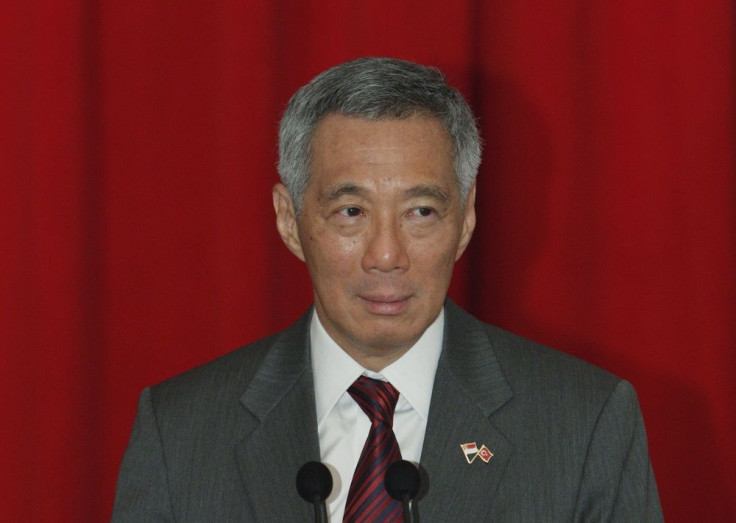Singapore PM Undergoes Prostate Surgery

Singaporean Prime Minister Lee Hsien Loong underwent a robot-assisted keyhole prostate surgery on Monday. Reports said that the surgery went very smoothly.
The surgery was done at the Singapore General Hospital with surgeon Christopher Cheng as the lead urologist, reports Bloomberg.
The 63-year-old PM is the son of Lee Kuan Yew, who founded Singapore. He replaced PM Goh Chok Tong in 2004.
While Mr Lee was treated and cleared of lymphoma 20 years ago, Cheng clarified that the two ailments are not linked. An MRI in January showed suspicious lesions which was confirmed as cancer cells by a biopsy.
While Mr Lee is recovering, Deputy Prime Minister Teo Chee Hean, one of the two deputy PMs, will be acting prime minister for one week, while Mr Lee recovers. Mr Teo actually leads for only three days since Thursday and Friday are public holidays in Singapore because of the Chinese Lunar New Year celebrations.
In November, Mr Goh also had prostate surgery.
Next to skin cancer, prostate cancer is the second most common cancer among me, but it can be treated successfully.
The American Cancer Society estimates that for 2015, there would be 220,800 new diagnoses this year of whom about 27,540 would likely die of the ailment eventually. The disease usually hits older men, 6 in 10 diagnosed cases are those aged 65 and older.
It is the second-leading cause of cancer death in American men after lung cancer, with 1 in 7 men being diagnosed of prostate cancer during his lifetime.
The prostate, located below the urinary bladder and in front of the rectum, grows rapidly during puberty and its size changes with age. Its job is to make some of the liquid that protects and nourishes sperm cells in semen.
Among the symptoms of prostate cancer are problems urinating, blood in the urine, erectile dysfunction, pain in the hips, back or chest and weakness or numbness in the legs or feet.
To contact the writer, email: v.hernandez@ibtimes.com.au





















